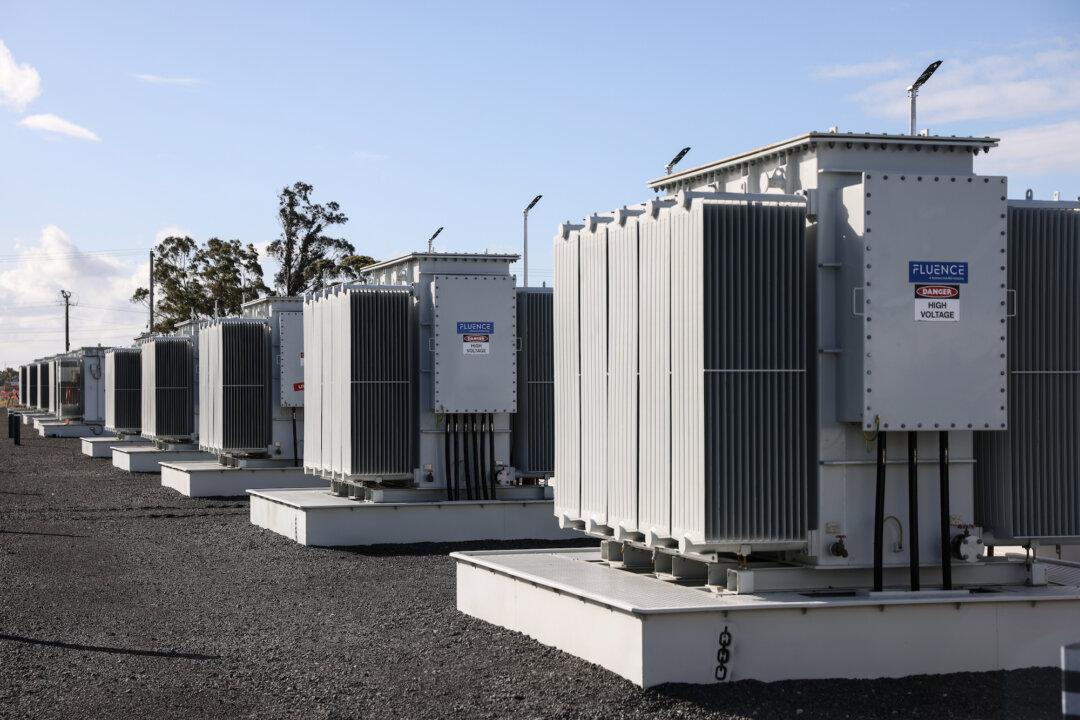Researchers from Australia have discovered through a nationally-representative survey that living in community-minded neighbourhoods can have a major impact on a person’s mental health.
A survey undertaken by Australian National University (ANU) which monitored over 3000 people during the COVID-19 pandemic in 2020, showed that the social relationships provided within good neighbourhoods protect residents against anxiety, depression, and loneliness.




